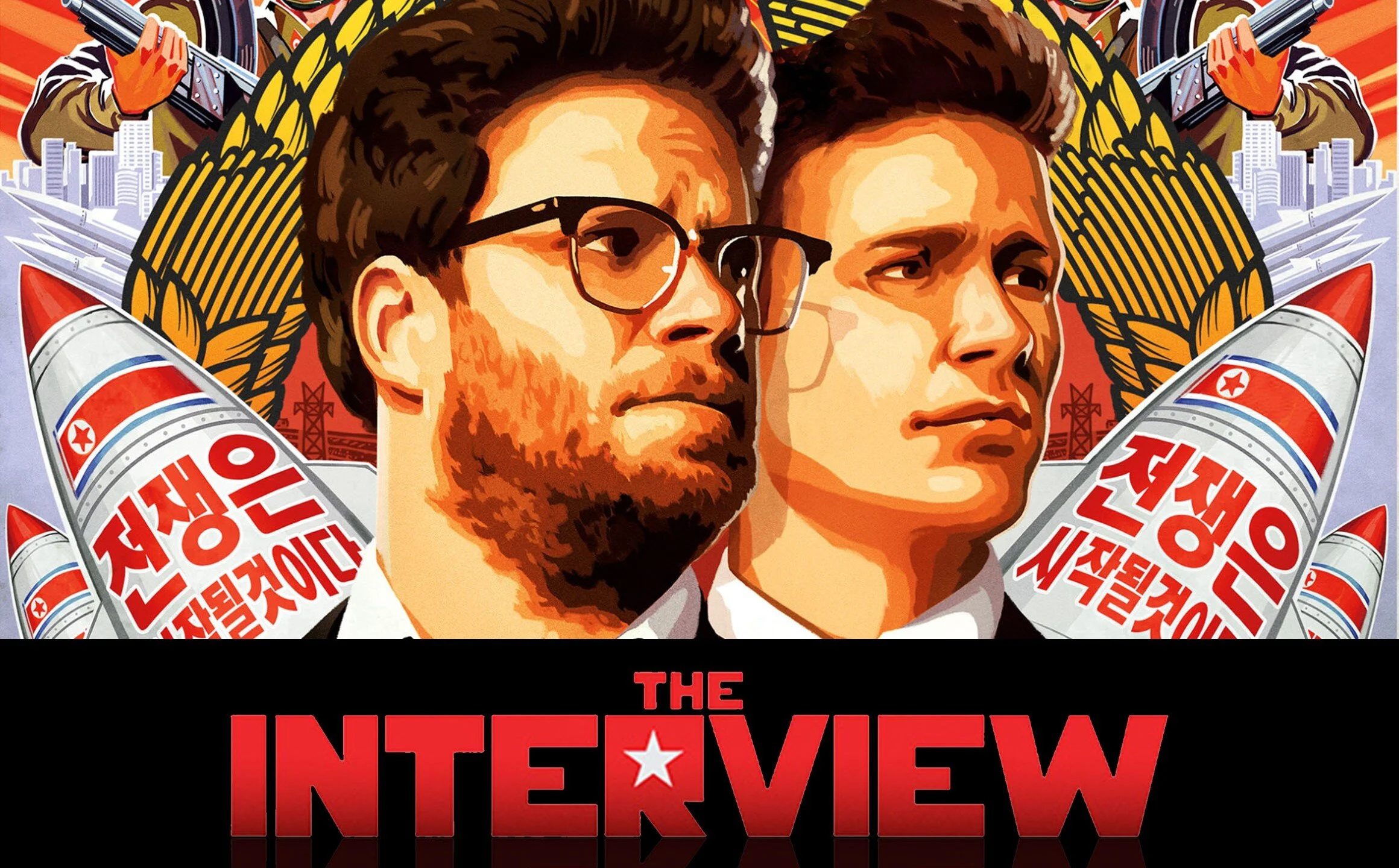GUEST EDITORIAL: Why "The Interview" Was Almost Cancelled Before Its Scheduled Release
Why The Interview Was Almost Cancelled Before Its Scheduled Release
by Kevin Gardner
Even a major movie studio can be vulnerable to a major hack. Sony learned that the hard way in 2014.
Before the Sony hack, some in Hollywood may not have asked "What is network security?" or "Why is it important?". Yet this incident, which took place prior to the planned release of the comedy The Interview, showed studios that they needed to better protect their data.
Background
The initial Sony hack was revealed in November 2014, a month before The Interview was set to hit theaters. The film starred James Franco and Seth Rogen as journalists who are recruited to assassinate North Korean leader Kim Jong-un. The hackers threatened to attack any theaters that showed the film.
Due to the threats, Sony initially canceled its release of the comedy. However, this decision was met with plenty of criticism from Hollywood stars. Comedians such as Jimmy Kimmel and Zach Braff, and even more serious actors such as Mia Farrow, panned the studio's cancellation announcement . Sony ultimately agreed to a limited release of the film.
Leaked Information
As part of the hack, numerous private emails among Sony executives were released to the masses in late 2014. WikiLeaks then released thousands more Sony emails in 2015.
Some of the most damning emails were between Sony co-chair Amy Pascal and film producer Scott Rudin. In one exchange, Rudin slammed A-lister Angelia Jolie as "a minimally talented spoiled brat." Rudin was apparently upset that Jolie wanted famed director David Fincher to direct her upcoming remake of Cleopatra. Rudin feared that this would prevent Fincher from directing Sony's Steve Jobs biopic.
The most controversial emails, however, involved then-President Barack Obama. Both Rudin and Pascal joked to each other that Obama's favorite movies likely involved African-Americans. The duo specifically mentioned 12 Years a Slave and Django Unchained. Rudin and Pascal each apologized for the comments, but Pascal resigned from Sony a few months later.
It was not just emails that leaked to the public, either. The hack additionally involved screeners of several yet-to-be-released Sony films, including the remake of the musical Annie. Another Sony film, Fury, also made its way to illegal file-sharing websites as a result of the hack, even though the war movie was still in theaters at that time.
Responsibility
From the start, the FBI maintained that North Korea was responsible for the hack. This made sense, considering the subject of The Interview. The FBI also traced the hackers' IP addresses to North Korea.
Still, not everyone was convinced. Professionals from a cybersecurity firm called Norse maintained that at least one of the hackers must have had some experience working for Sony.
Adding even more intrigue, the alleged hackers later sent journalists a YouTube video mocking the FBI and calling the hack investigators idiots. Even Rogen himself has doubted whether North Korea actually leaked the internal Sony emails.
Aftermath
Still, the FBI rejected this speculation. After meeting with Norse representatives, federal agents concluded that the company's evidence of an inside job was “narrow.” The FBI instead maintained that there was “no credible information” suggesting anyone besides North Korea was responsible for the hack.
After a years-long investigation, the United States Justice Department issued a criminal complaint accusing hackers from North Korea’s main intelligence agency of attacking systems within numerous countries, including England and South Africa. As part of the complaint, a North Korean spy was charged with wire and computer fraud for his role in the Sony hack.
In December 2014, shortly after the hack, North Korea temporarily lost internet access. While the Koreans blamed Obama for the outage, the United States denied the allegations. America did hit North Korea with sanctions in retaliation for the cyberattack, however.
As the Sony hack shows, Hollywood is not immune to cyber attacks. The movie industry is already dealing with plenty of new challenges, such as the rise of streaming services. Hacks, whether from disgruntled former employees or angry foreigners, are another issue that modern film companies have to survive.
LOGO DESIGNED BY MEENTS ILLUSTRATED


